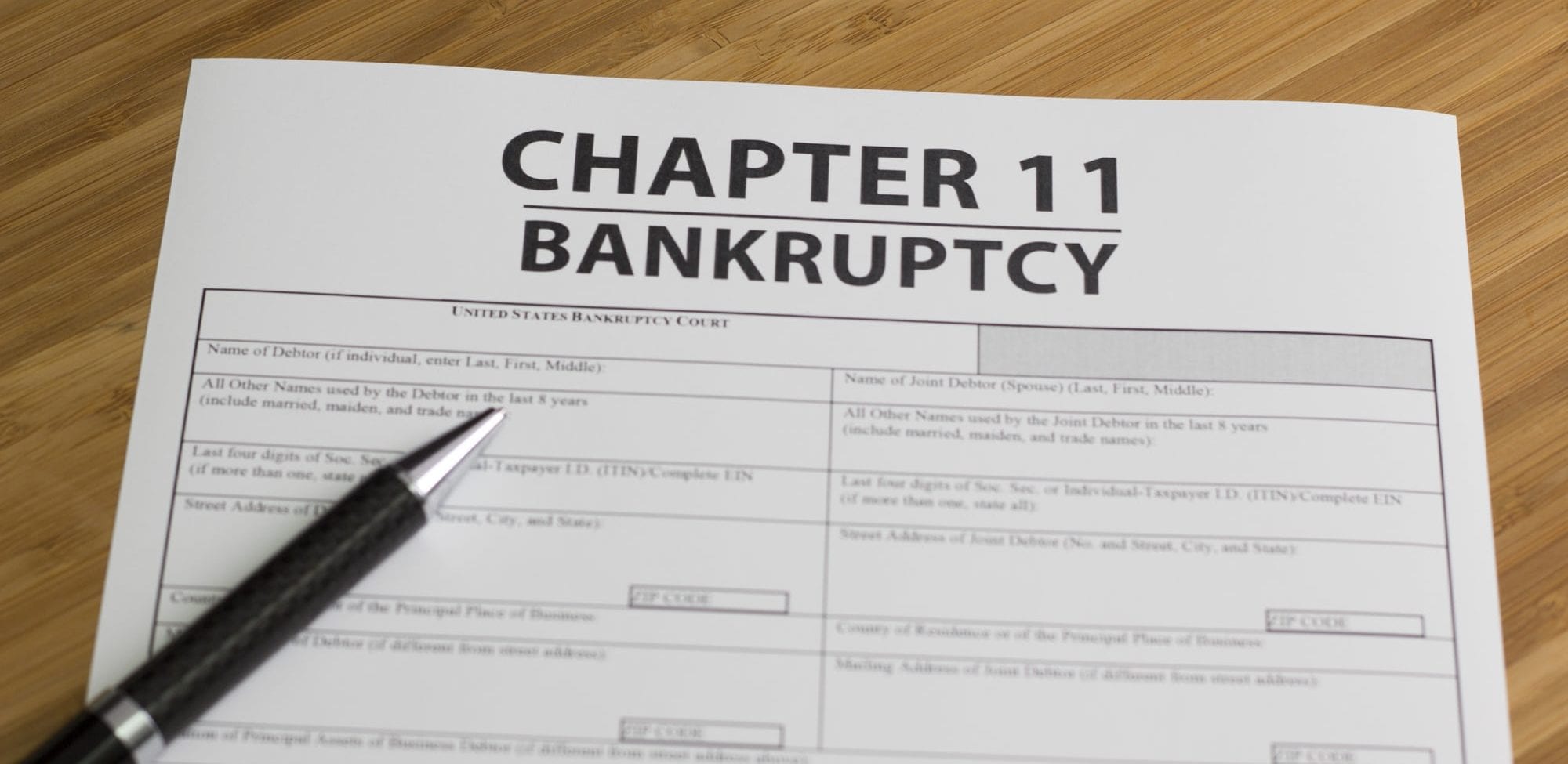In today’s complex financial landscape, insolvency is a term that often carries negative connotations. However, it’s essential to understand that insolvency can have its benefits, especially for businesses and individuals facing financial distress. In this article, we’ll explore the advantages of insolvency, shedding light on how it can provide relief and a path towards financial recovery.
Understanding Insolvency
Insolvency occurs when an individual or entity is unable to meet its financial obligations, often due to an imbalance between debts and available assets. When insolvency is declared, it initiates a legal process that can offer several benefits. Here are some of the advantages:
1. Debt Relief and Fresh Start
Insolvency, particularly in the form of bankruptcy, provides a fresh financial start. It allows individuals and businesses to eliminate or restructure their debts, enabling them to regain control of their financial lives. For individuals, this can mean discharging unsecured debts like credit card debt, medical bills, and personal loans. For businesses, it can mean reorganizing and potentially shedding burdensome contracts or debt obligations, helping them become more financially stable.
2. Legal Protection
When someone files for insolvency, it triggers an automatic stay, a legal mechanism that puts a stop to most debt collection actions. This means that creditors are prohibited from pursuing legal actions, such as wage garnishments or property seizures. It offers individuals and businesses temporary relief from the constant pressure of collection efforts, providing breathing space to assess and address their financial situation.
3. Asset Preservation
In many insolvency proceedings, there are exemptions that protect certain assets from liquidation or sale. For individuals, this can include their primary residence, personal vehicles, and essential personal property. Businesses can also protect certain assets vital to their operations. This allows individuals and businesses to preserve some of their valuable assets during insolvency.
4. Structured Repayment Plans
In some cases, insolvency doesn’t result in liquidation but instead leads to the creation of structured repayment plans. For instance, Chapter 13 bankruptcy for individuals involves creating a manageable repayment plan to catch up on past-due debts. This structured approach can help individuals regain financial stability without losing their assets.
1. Can anyone file for insolvency?
- Insolvency is a legal process, and the eligibility criteria may vary depending on the type of insolvency. For example, Chapter 7 bankruptcy for individuals has income limits, while Chapter 11 bankruptcy is often utilized by businesses. It’s essential to consult with a legal expert to determine your eligibility and the most suitable insolvency option for your situation.
2. Will insolvency completely wipe out all my debts?
- The extent to which insolvency eliminates debts depends on the type of insolvency and the nature of the debts. In some cases, like Chapter 7 bankruptcy, certain unsecured debts can be discharged entirely. However, some debts, such as student loans and child support payments, may not be dischargeable in bankruptcy.
3. How long does the insolvency process take to complete?
- The duration of the insolvency process varies based on the type of insolvency, the complexity of the case, and the local court’s caseload. For individuals, Chapter 7 bankruptcy typically takes a few months, while Chapter 13 bankruptcy may last three to five years. Business insolvency proceedings, such as Chapter 11 bankruptcy, can be considerably more extended, often taking several years to complete.
Conclusion
Insolvency, though often seen as a last resort, can offer numerous benefits to individuals and businesses facing overwhelming financial challenges. It provides a legal framework for debt relief, protects assets, and allows for structured repayment plans. However, it’s crucial to understand that insolvency is a complex legal process with various options, and the best course of action depends on your specific circumstances. If you find yourself in financial distress, seeking guidance from a legal expert specializing in insolvency is a wise step towards a more stable financial future. Remember that insolvency, when used strategically, can be a valuable tool for regaining control over your finances and achieving a fresh start.







